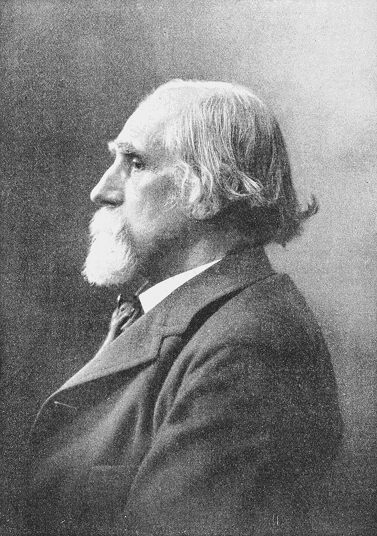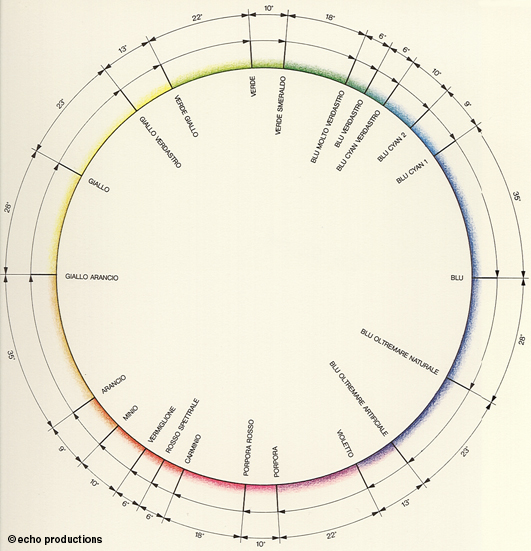<Back to Index>
- Physicist Ogden Nicholas Rood, 1831
PAGE SPONSOR


Ogden Nicholas Rood (1831 – 1902) was an American physicist best known for his work in color theory. He studied in Berlin and Munich before his appointment as Chair of Physics at Columbia University, a position he held from 1863 until his death. His book on color theory, Modern Chromatics, with Applications to Art and Industry, was published in 1879, with German and French translations appearing in 1880 and 1881, respectively. Rood divided color into three constants: purity, luminosity, and hue — equivalent to James Clerk Maxwell's tint, shade, and hue.
Rood was an amateur artist, a member of the American Watercolor Society. In 1874 he gave two lectures to the National Academy of Design in New York on "Modern Optics in Painting". Along with Maxwell and Michel Eugène Chevreul, Rood's work was an influence on the Impressionist artists and their successors. The painter Camille Pissarro defined the aim of the Neo - Impressionists in a letter: "To seek a modern synthesis of methods based on science, that is, based on M. Chevreul's theory of color and on the experiments of Maxwell and the measurements of N.O. Rood."
Rood's theory of contrasting colors was particularly influential on Georges - Pierre Seurat, the founder of Neo - Impressionism and the foremost Pointillist. Rood suggested that small dots or lines of different colors, when viewed from a distance, would blend into a new color. He believed that the complementary colors of his color wheel, when applied in pairs by the artist, would enhance the presence of a painting: "... paintings, made up almost entirely of tints that by themselves seem modest and far from brilliant, often strike us as being rich and gorgeous in color, while, on the other hand, the most gaudy colors can easily be arranged so as to produce a depressing effect on the beholder."